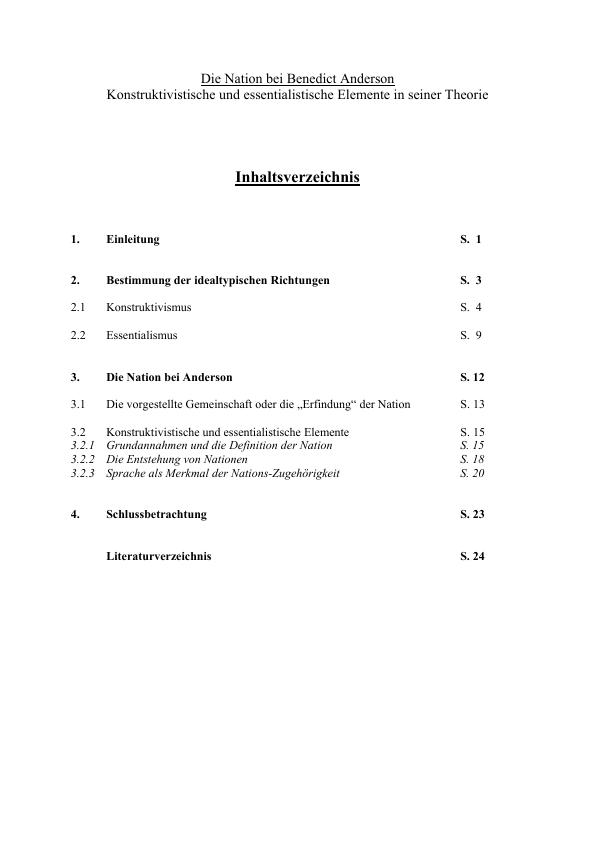

That is, the new common language created due to the printing revolution united different groups and strengthened their common consciousness. This trend led to the unification of different dialects that served different human groups and led to the creation of “imaginary communities” around a common language and prevailing ideas that were disseminated through the same new form of communication that came into being. It is capitalism that has driven this mechanism by the desire of printers to reach as wide an audience as possible and to adapt the printed content to their abilities and tastes. According to Benedict Anderson, printing led to the distribution of materials written in mass languages and accessible to a growing public of literate people, in contrast to the prevailing texts before the printing revolution that were limited to scriptures in languages that were not accessible to the general public.

The pattern allowed for the widespread dissemination of common ideas and it created the unification of language, both verbal and metaphorical, between different people who thus began to form a national consciousness. To Benedict Anderson 's analysis in the book "Imaginary Communities" The printing revolution and capitalism which accompanied it play a significant role in the creation of modern nation-states. Imaginary communities of nations or nations replaced in the twentieth century those more traditional imaginary communities that were expressed in religious consciousness like Judaism, Christianity and Islam.

The contemporary expression of imaginary communities is the nation-states uniting under different groups and different individuals under the “umbrella” of a common consciousness that unites them. The imaginary consciousness of imaginary communities is so strong that it can motivate people to acts like going to war even at the cost of their lives for the same ideal that exists solely in their mind. A good example of "imaginary communities" could be for example the Jewish people who were scattered all over the world and lived very different lifestyles but united around a national consciousnessOne of Zionism as it is expressed in the Land of Israel. The central idea of "imaginary communities" is that a nation is formed as soon as a group of people unites around common ideas or perceptions that cause them to function as a unified group for a common goal, regardless of their relationship in reality. Benedict Anderson's main argument in terms of an " imagined community" is that a group of people defined as a nation is in fact an "imagined" political entity that exists only in the minds of people and not in reality.


 0 kommentar(er)
0 kommentar(er)
